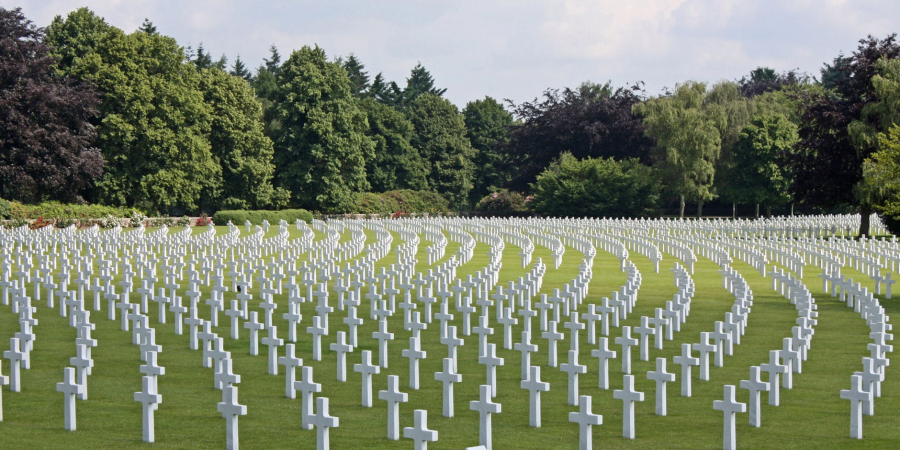

Death is one of the few universal experiences that every living being will face. It is an inevitable end, a closing chapter to the story of life. Despite its certainty, death remains one of the most profound mysteries and often a source of fear, contemplation, and philosophical inquiry.
For many, death is synonymous with loss and sorrow. When someone we love dies, we feel a deep absence, a void that reminds us of the fragility of life. Grief is a natural response, and it reflects the depth of our connections and the importance of human bonds. Yet, death is not only an end but also a reminder of how precious life truly is. The awareness of mortality can inspire people to live more fully, appreciate each moment, and prioritize what truly matters.
Different cultures and religions offer varied interpretations of death and what, if anything, comes after. Some believe in an afterlife—a continuation of existence in another realm, whether it be heaven, reincarnation, or spiritual transcendence. Others view death as the final cessation of consciousness, with no existence beyond the grave. These beliefs shape how people approach death and dying, offering comfort, hope, or acceptance.
Philosophers have long debated the meaning of death. Existentialists, like Jean-Paul Sartre and Albert Camus, grappled with the idea of death as a defining aspect of the human condition. According to existential thought, the knowledge that life is finite gives it meaning and urgency. Without death, life could become stagnant, lacking purpose or motivation. In this view, death is not merely a tragedy but a crucial factor that compels individuals to seek authenticity and fulfillment.
In modern society, death is often medicalized and hidden away. Advances in healthcare have extended lifespans and improved quality of life, but they have also distanced many people from the realities of dying. Where death was once a familiar part of daily life—occurring at home and within close-knit communities—it is now more likely to happen in hospitals, managed by professionals. This shift has created both comfort and alienation: comfort in the ability to manage pain and prolong life, and alienation from the natural process of dying.
Despite cultural taboos, there has been a growing movement toward death positivity and open conversations about end-of-life issues. Hospice and palliative care focus on the quality of life for those nearing death, emphasizing dignity, comfort, and emotional support. Additionally, the rise of death cafes, books, and public discussions encourages people to confront their mortality more openly and thoughtfully.
On a personal level, contemplating death can lead to profound self-reflection. It can motivate individuals to mend broken relationships, pursue meaningful goals, and express love and gratitude more freely. While the thought of one’s own death may provoke anxiety, it can also foster a sense of peace when one feels their life has been lived well and in alignment with their values.
In the natural world, death plays a vital role in the cycle of life. It allows for renewal and transformation—plants decay to nourish the soil, animals die and become part of the ecosystem's balance. In this way, death is not an anomaly but an integral part of existence, ensuring that life continues in different forms.
Ultimately, death invites us to reflect on what it means to be alive. It is a powerful reminder that our time is limited, urging us to cherish our experiences and relationships. While it remains a profound mystery, death also offers clarity: in facing it, we may better understand ourselves and the world around us.
